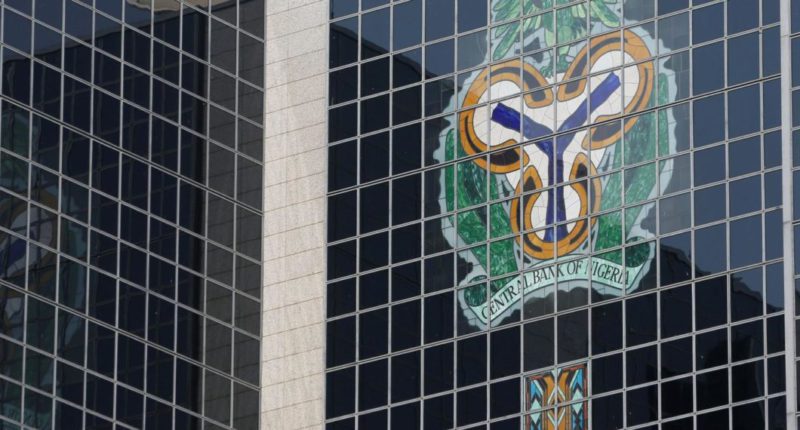The Central Bank of Nigeria’s (CBN) decision to revert the interest rate on its Covid-19 intervention facilities has drawn the ire of stakeholders as well as experts, whose thoughts are that the action will not augur well for the beneficiaries, as the country faced inflationary rate pressure among other worsening economic indicators.
Economists who spoke on the matter said the CBN’s decision was ill-conceived as the country’s economy has yet to recover from the devastating effect of COVID, which could heighten the unemployment rate, worsen production level and reduce economic growth.
In an effort to lessen the pandemic’s negative effects on businesses and households, the monetary authority extended interest rate reduction and granted a one-year moratorium on all principal payments on its intervention facilities on March 15, 2020, in response to the COVID-19 epidemic.
As a result, it gave all deposit money banks (DMBs) permission to consider interim and time-limited adjustment of the loan terms for consumers and businesses most impacted by the Covid-19, particularly those in the manufacturing, oil and gas, agriculture, aviation, and healthcare industries.
What’s happening now
Stakeholders argue that the reversal would lead to higher obligations for the beneficiaries. The change from 5% to 9% was announced by the top bank to all banks and other financial institutions (OFIs) last week.
The Central Bank of Nigeria (CBN) declared that any intervention facilities issued with effect from July 20, 2022, should be at 9% per annually in a circular that was signed by Chibuzo Efobi, Director of Financial Policy and Regulation Department, and was dated and signed on August 17.
Additionally, it said that existing facilities awarded before July 20, 2020 shall receive the same 9% annual increase beginning September 1, 2022.
The CBN had extended the 5% concessional interest rate on its intervention facilities by a year on March 3, 2021, to February 28, 2022. After that, on March 1, 2023, it started the process of reversing to the initial rate.

